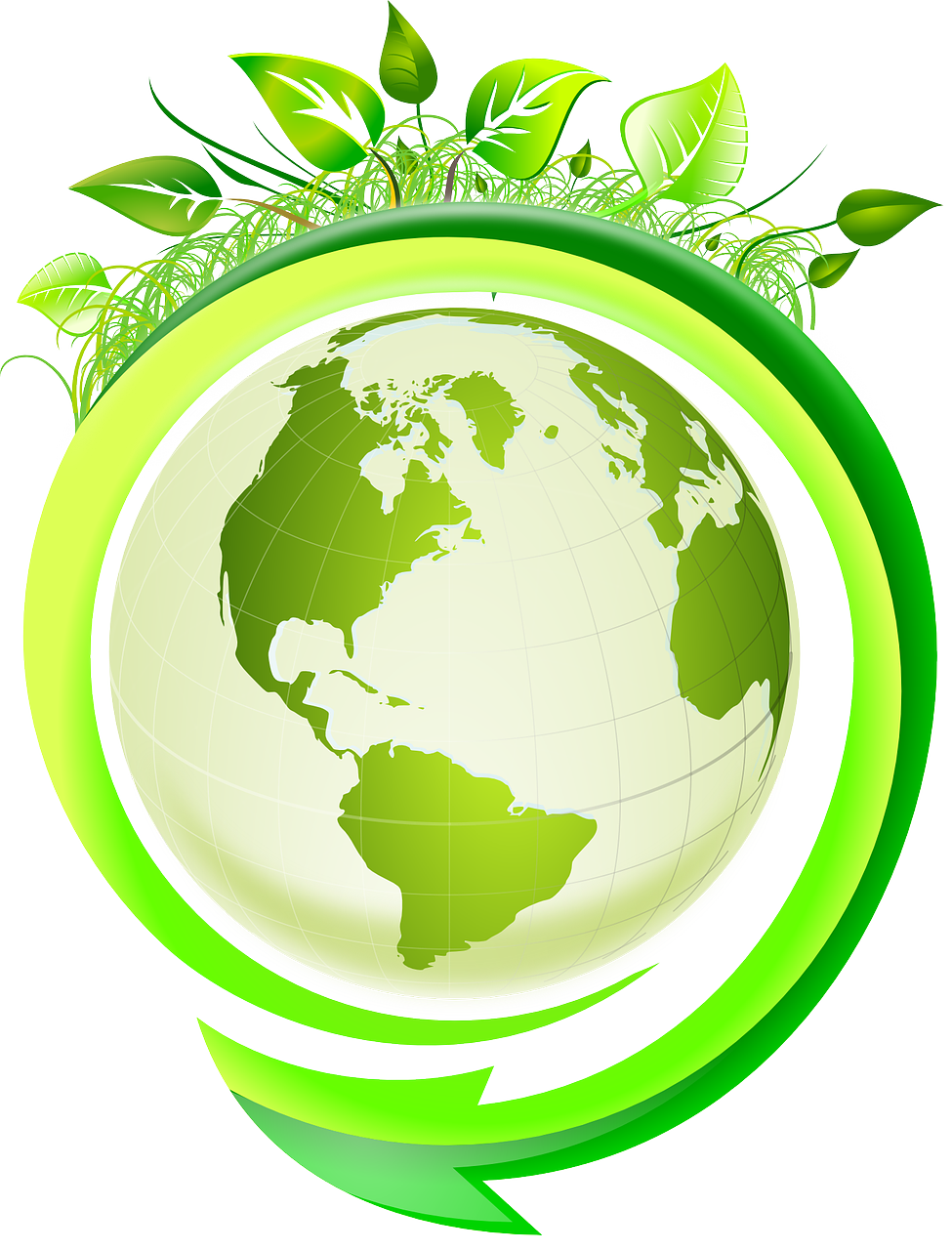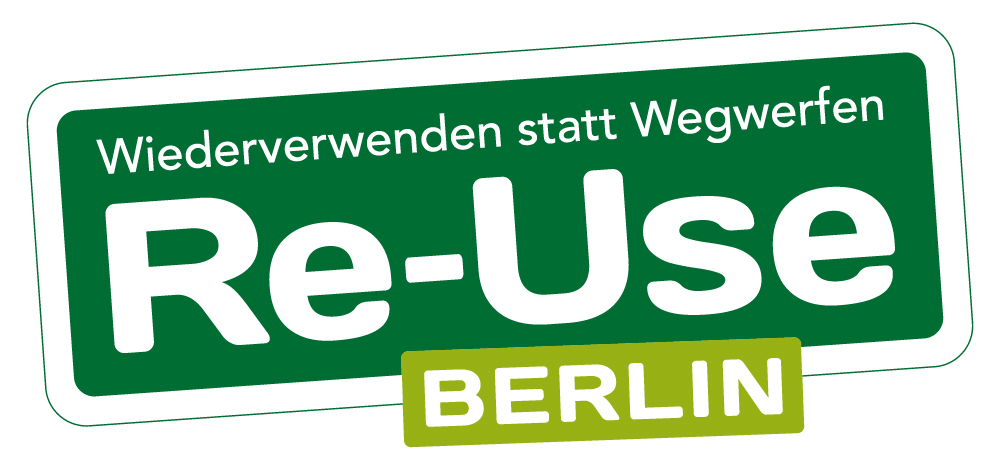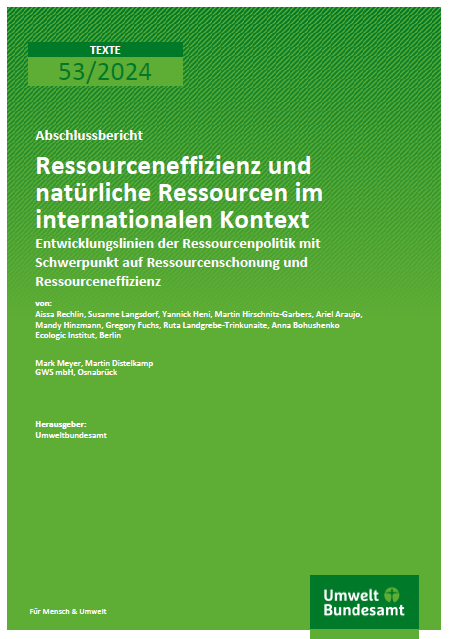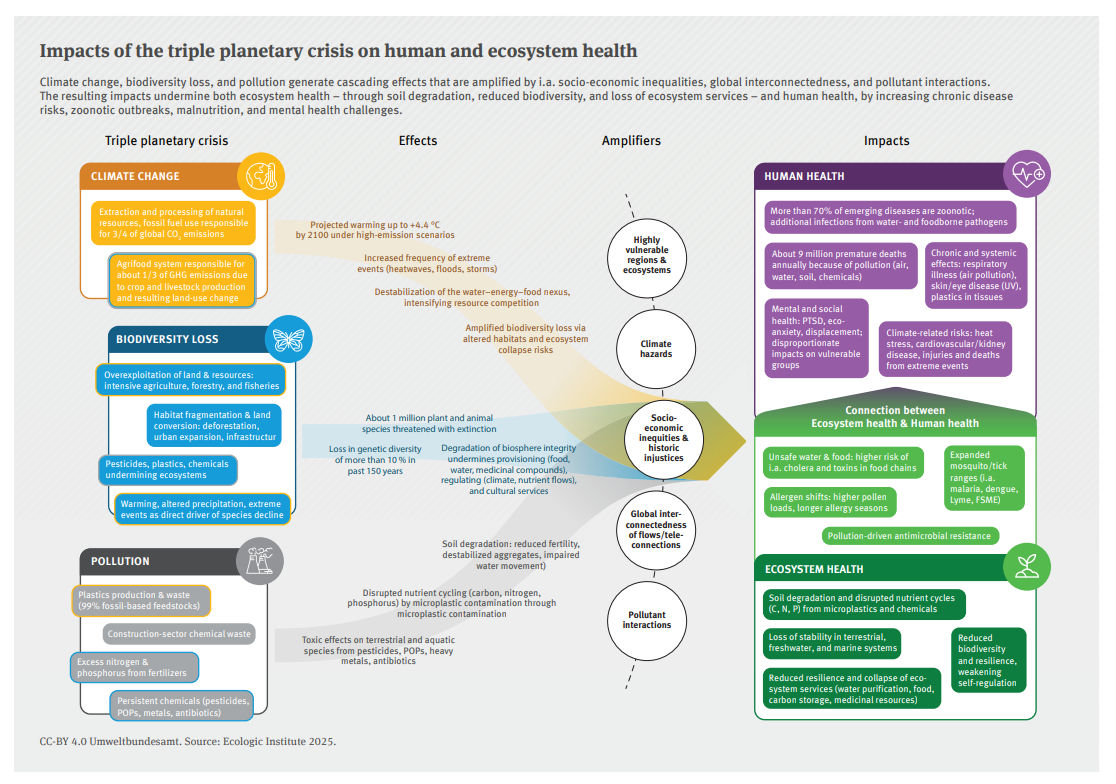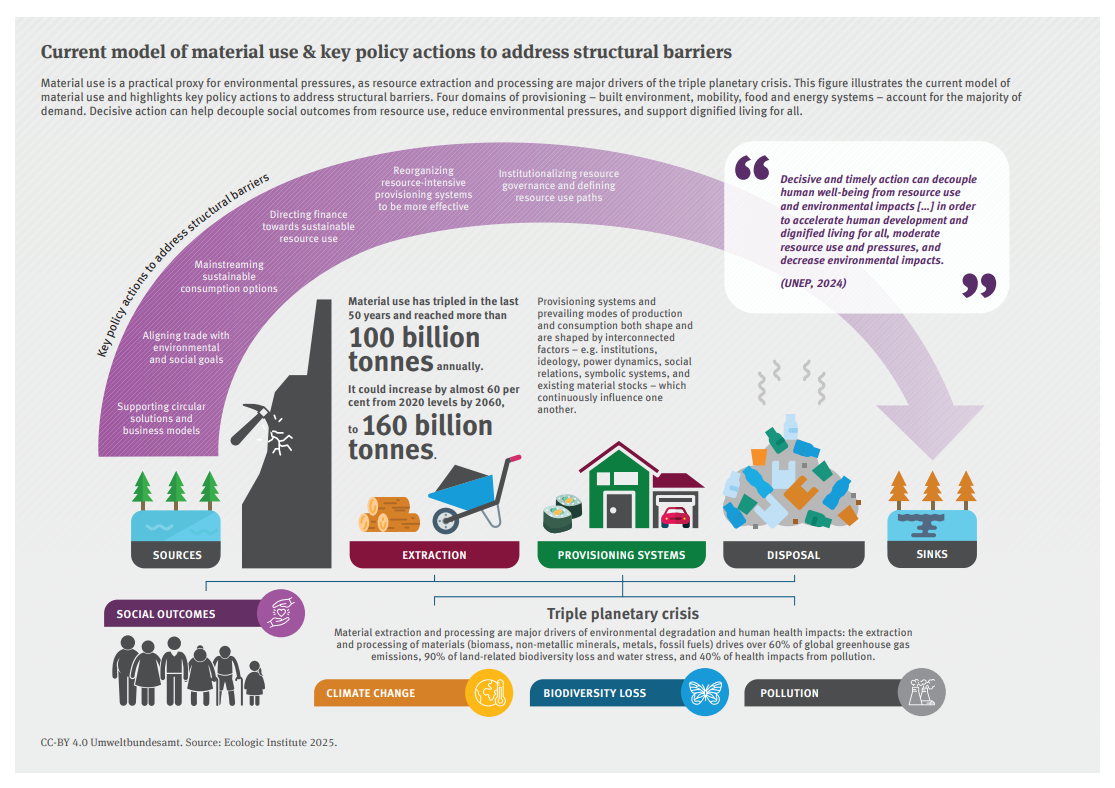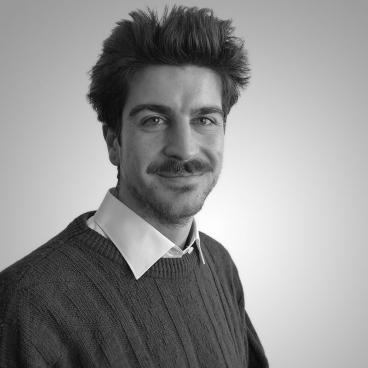
Yannick Heni
M. Eng. (Packaging Technology)
Researcher
- Team
- Topics
Yannick Heni works as a Researcher at Ecologic Institute, where he specializes in resource conservation and the just transition to a circular economy. His expertise encompasses sufficiency strategies, waste prevention, and producer responsibility. A native speaker of German, Yannick Heni is proficient in English and has a basic knowledge of Spanish.
Yannick Heni works on the project "Resource Efficiency and Natural Resources in an International Context", which provides support to the German Federal Ministry for the Environment, Nature Conservation and Nuclear Safety (BMUV) and the German Federal Environment Agency (UBA). In this capacity, he evaluates studies conducted by international organizations in the realm of resource conservation. Yannick Heni's work includes contributions to several UBA-funded projects. In the "Analysis and Evaluation of Certification Systems for Recycled Plastics" project, he conducts comprehensive research and assessments of certification systems. Within the project "Cross-sectoral Climate Policies for Sustainable Waste Management and Circular Economy in the EU and Beyond", he explores policy interactions to enhance climate action and circular economy objectives. Furthermore, in the "Pharmaceuticals Index Environment" project, he conducts a feasibility study on establishing an environmental information and classification system for pharmaceuticals in Germany. In addition to his work with UBA, Yannick Heni contributes to the "Networking and Knowledge Transfer Project of the Funding Programme 'Resource-efficient Circular Economy – Circular Textiles' (ZirTeNet)", funded by the Federal Ministry of Education and Research (BMBF). This initiative supports the coordination and networking of sixteen research and innovation projects focused on developing circular solutions for the German textile industry. Furthermore, Yannick Heni plays a pivotal role in the "Re-use Berlin Measures 2024-2025" project for the Berlin Senate Administration, designing and facilitating expert dialogues.
Before joining Ecologic Institute, Yannick Heni was a researcher in the plastics and packaging department at the German Environment Agency (UBA). While pursuing his master's degree, he was employed for the Nature and Biodiversity Conservation Union Germany (NABU) as a student worker. There, his research focused on various topics in the field of resources and circular economy. Prior to that, he interned at Ökopol Institut für Ökologie und Politik, where he worked on ecological aspects of products and product systems.
Yannick Heni obtained a master's degree in Packaging Technology at the Berliner Hochschule für Technik (BHT). In his master's thesis, he analyzed the influence of printing inks on the mechanical recycling of plastic packaging and identified potential reduction measures in cooperation with Interseroh+. He also holds a bachelor’s degree in Packaging Technology from the University of Applied Sciences Stuttgart (Germany).
Contact Yannick Heni by Email
Selected projects by Yannick Heni
Resource Efficiency and Natural Resources in an International Context
- Duration
-
-
- Funding
-
German Environment Agency (UBA), Germany
Scientific Support of the Development of a Strategy for a Circular Economy in Germany
- Duration
-
-
- Funding
-
German Environment Agency (UBA), Germany
Analysis and Evaluation of Certification Systems for Recycled Plastics
- Duration
-
-
- Funding
-
German Environment Agency (UBA), Germany
Selected publications by Yannick Heni
Rechlin, Aissa et al. 2024: Ressourceneffizienz und natürliche Ressourcen im internationalen Kontext. Entwicklungslinien der Ressourcenpolitik mit Schwerpunkt auf Ressourcenschonung und Ressourceneffizienz. Abschlussbericht. Umweltbundesamt: Dessau-Roßlau.
Selected events by Yannick Heni
Digital Event: Establishment of an Environmental Information and Classification System for Pharmaceuticals in Germany
- Date
-
- Location
- Online
Digital Event:Circular Diversity: Creative solutions to promote the re-use of second-hand goods – Re-use Berlin
- Date
-
- Location
- online
Digital Event:Promoting Repair through Networks and Repair Bonuses – Re-Use Berlin
- Date
-
- Location
- online
Conference:Access not Ownership: Opportunities and Challenges of the Sharing Economy
- Date
-
- Location
- Berlin, Germany
Conference:Kick-off Conference of the BMBF Funding Measure "Circular Textiles"
- Date
-
-
- Location
- Berlin, Germany



